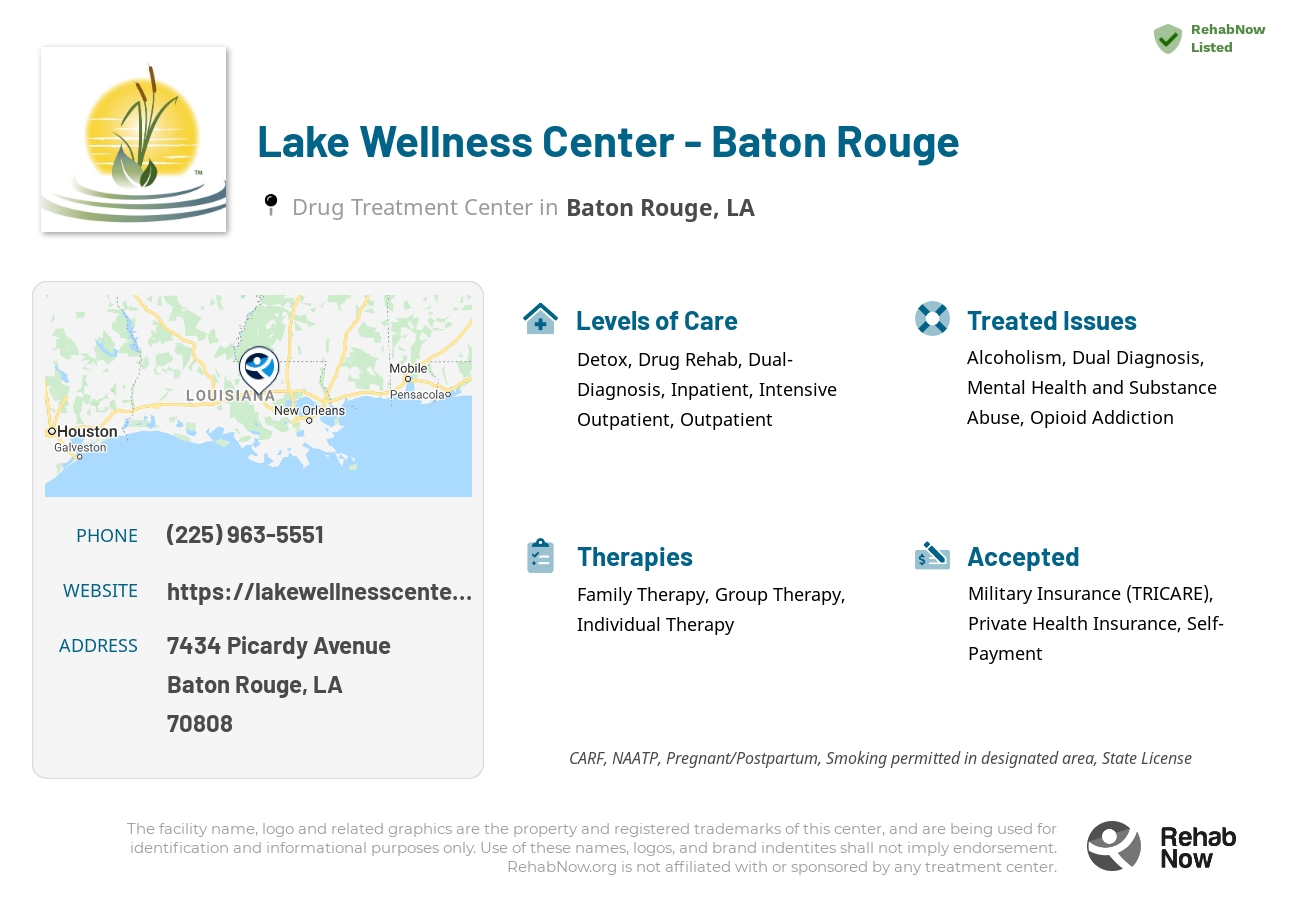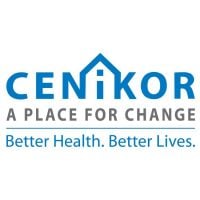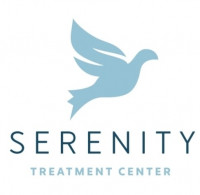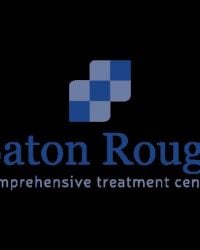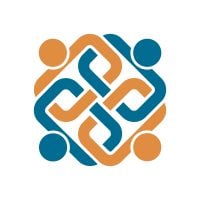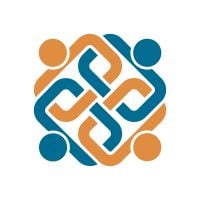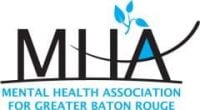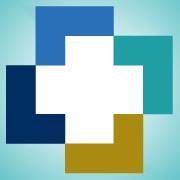Lake Wellness Center - Baton Rouge
Drug Rehab Center in Baton Rouge, Louisiana
Lake Wellness Center - Baton Rouge in Louisiana is an accredited addiction treatment facility offering a range of comprehensive services for individuals struggling with addiction, including detox, inpatient and outpatient care, tailored treatment plans, and therapy.
About Lake Wellness Center - Baton Rouge in Louisiana
Lake Wellness Center - Baton Rouge, located in the heart of Baton Rouge, Louisiana, specializes in outpatient treatment for individuals grappling with alcohol and substance addiction. This advanced facility stands out for its comprehensive approach, emphasizing individualized treatment plans that include dual-diagnosis, family programs, and a variety of therapy options.
Accredited by the National Association of Addiction Treatment Providers and certified by the Joint Commission on Accreditation of Healthcare Organizations, Lake Wellness Center - Baton Rouge commits to the highest standards of care. The facility's experienced and licensed staff offers a broad spectrum of services, from detox to outpatient care, all tailored to meet the unique needs of each patient.
- Offers a multidimensional treatment approach that includes individualized treatment plans and dual-diagnosis.
- Provides access to a wide range of therapy options, including group therapy, individual counseling, and family programs.
- Accepts private health insurance, ensuring that more people can access the necessary treatments without financial burden.
Specializing in the treatment of alcoholism, opioid addiction, and drug addiction, Lake Wellness Center employs an array of therapeutic methods to address these issues effectively. Treatment methods vary, including medical and psychiatric assessments, medication management, and aftercare planning, across different levels of care, to support long-term recovery and wellness.
Genders
Ages
Modality
Additional
Accreditations
NAATP

JCAHO
Conditions and Issues Treated
Opioid addiction has become a significant health problem in the United States. In 2015, there were 91 opioid overdose-related deaths per day, with a substantial increase in mortality rate in 2014.
When opioid addiction has reached a point where a person’s life becomes unmanageable, treatment options are available to help them get sober. Treatment that includes medical care with medications and counseling can help a user transition into sobriety.
When someone in struggles with both addiction and mental or emotional illness, this is considered a dual diagnosis. Dual diagnosis treatment can include therapy for these issues to happen simultaneously, which will allow either of them to be treated effectively.
Sometimes people who have suffered from addiction disorder also suffer from co-occurring disorders such as depression, anxiety, bipolar disorder, etc., making them “dual diagnoses.” Dual diagnoses require specialized treatment programs where drug and alcohol addiction are addressed along with psychiatric illnesses. Some rehabilitation facilities provide patients suffering from cooccurrences a program with highly integrated services and a clean environment with few distractions to help them succeed.
Levels of Care Offered
This center offers a variety of custom treatment tailored to individual recovery. Currently available are Detox, Drug Rehab, Dual-Diagnosis, Inpatient, Intensive Outpatient, Outpatient, with additional therapies available as listed below.
One of the first things an addict should do when entering treatment is to abstain from using illicit drugs completely. Depending on the length of time that the person has been using, the addict may have to go through alcohol or drug withdrawal. Fortunately, detox doesn’t have to be done alone, and withdrawal symptoms can be managed medically in an inpatient or outpatient setting. While detox may be uncomfortable, it is not life-threatening. Detoxification allows the addict to rid the body of all traces of drugs or alcohol and gives the addict a clean slate for their recovery.
Inpatient treatment for alcoholism or drug addiction is an option that provides the addict with a supportive environment in which they can stop using. After detox, an inpatient treatment center provides a structured environment for the addict to recover from their addiction and begin taking steps toward a lifetime of sobriety.
This type of treatment is appropriate for addicts that are most in need of intensive care and supervision. This includes those who were unable to quit on their own, those who need more structure than they can get in outpatient treatment, and those whose addiction has led them into legal trouble or severe health problems.
The Intensive Outpatient Program offered by Lake Wellness Center - Baton Rouge is designed for those who need intensive care but would rather get it in the comfort of their own home. The treatment programs vary in duration and intensity and can be tailored to suit the patient’s needs. The program includes regular visits to the facility, though the overnight stay is not needed. IOP is suitable for patients who have been treated in residential treatment programs and are in the transition phase. It helps the patient live at home and discharge some work or school responsibilities even while undergoing treatment. The patients gradually get back to their routine life with the support of a friend or family member.
Outpatient treatment is often used for drug addicts in drug rehab. Outpatient treatment consists of counseling and therapy sessions. This form of treatment is also called ‘day-treatment’. The outpatient treatment process begins with the addict’s initial detox period, lasting about ten days.
Outpatient treatment is used for those who are at moderate risk for ‘slipping back’ into the addiction, for those who:
- Are not currently experiencing any side effects from withdrawal and can handle social pressure
- Can handle stressors that might trigger relapse
- Have a stable living environment or have moved out of their previous environment, which was not conducive to being sober
- Have a support system that allows them to go to a facility a few times a week while still keeping their current responsibilities
- Have no legal obligations, being either on parole or probation, that require them to seek treatment at a mandatory facility
- Are not currently experiencing any side effects from withdrawal and can handle social pressure
- Have a stable living environment or have moved out of their previous environment, which was not conducive to being sober
Therapies & Programs
Because no single treatment is effective for all addicts, the goal of treatment and therapy should be to figure out what works best for each individual. Tolerance and withdrawal levels differ from person to person, affecting the treatment intensity required. Addiction treatment should aim to help addicts develop healthy coping mechanisms for dealing with their addiction and its underlying causes.
Family therapy is beneficial for people who are in addiction treatment services because it offers addicts the opportunity to work with their family members to better understand what led them to make choices that contributed to their addiction.
This type of therapy helps family members reach a deeper understanding of how they can best support their loved one during recovery. It also helps the addict better understand their own motivations and triggers that led them to turn to substance abuse.
Family therapy can help addicts in the following ways:
- Assists family members in processing difficult feelings so they don’t blame or resent recovering addicts
- Assists family members in understanding how addiction has impacted the addict and everyone who is involved with them
- Allows the addict to take responsibility for their actions, while encouraging improved communication skills
- Helps family members understand how to best support an individual in recovery so addicts don’t relapse again.
Group therapy can help build a stronger support system and give addicts in Baton Rouge, LA insight into their addiction that they gain through shared conversations. Group therapy occurs in a controlled group environment, exclusive of one on one meetings. This makes it safer for patients to feel comfortable sharing the struggles they’re going through and gaining perspective.
Payment Options Accepted
For specific insurance or payment methods please contact us.
Is your insurance accepted?
Ask an expert, call (888) 674-0062
Lake Wellness Center Associated Centers
Discover treatment facilities under the same provider.
- Lake Wellness Center - Lake Charles in Lake Charles, LA
- Lake Wellness Center - Metairie in Metairie, LA
- Lake Wellness Center - New Orleans in New Orleans, LA
Learn More About Lake Wellness Center Centers
Additional Details
Specifics, location, and helpful extra information.
Baton Rouge, Louisiana 70808 Phone Number(225) 963-5551 Meta DetailsUpdated April 15, 2024
Staff Verified
Lake Wellness Center - Baton Rouge Patient Reviews
There are no reviews yet. Be the first one to write one.
Baton Rouge, Louisiana Addiction Information
Louisiana is one of the top ten states in the nation for opioid-related deaths. One in ten high school students admits to regularly using prescription opioids for non-medical purposes. More than 225,000 Louisiana residents admit to regular heavy drinking and around 6% of the Louisiana population abuses alcohol. Marijuana use in Louisiana is most common amongst teenagers between the ages of 12 and 17 years old.
Opioid overdoses are on the rise in Baton Rouge and throughout Louisiana. In 2019, opioid fatalities in Louisiana rose by 25%. In 2018, there were 1,140 drug overdose deaths in Louisiana; 40% involved opioids. Methamphetamine is involved in 20% of drug relapse treatment admissions in Baton Rouge, Louisiana. There are several drug treatment programs available through Baton Rouge including medication-assisted therapy and detoxification
Treatment in Nearby Cities
- Springhill, LA (227.3 mi.)
- New Roads, LA (28.4 mi.)
- Mandeville, LA (62.5 mi.)
- Oakdale, LA (96.4 mi.)
- Oak Grove, LA (171.0 mi.)
Centers near Lake Wellness Center - Baton Rouge
The facility name, logo and brand are the property and registered trademarks of Lake Wellness Center - Baton Rouge, and are being used for identification and informational purposes only. Use of these names, logos and brands shall not imply endorsement. RehabNow.org is not affiliated with or sponsored by Lake Wellness Center - Baton Rouge.



